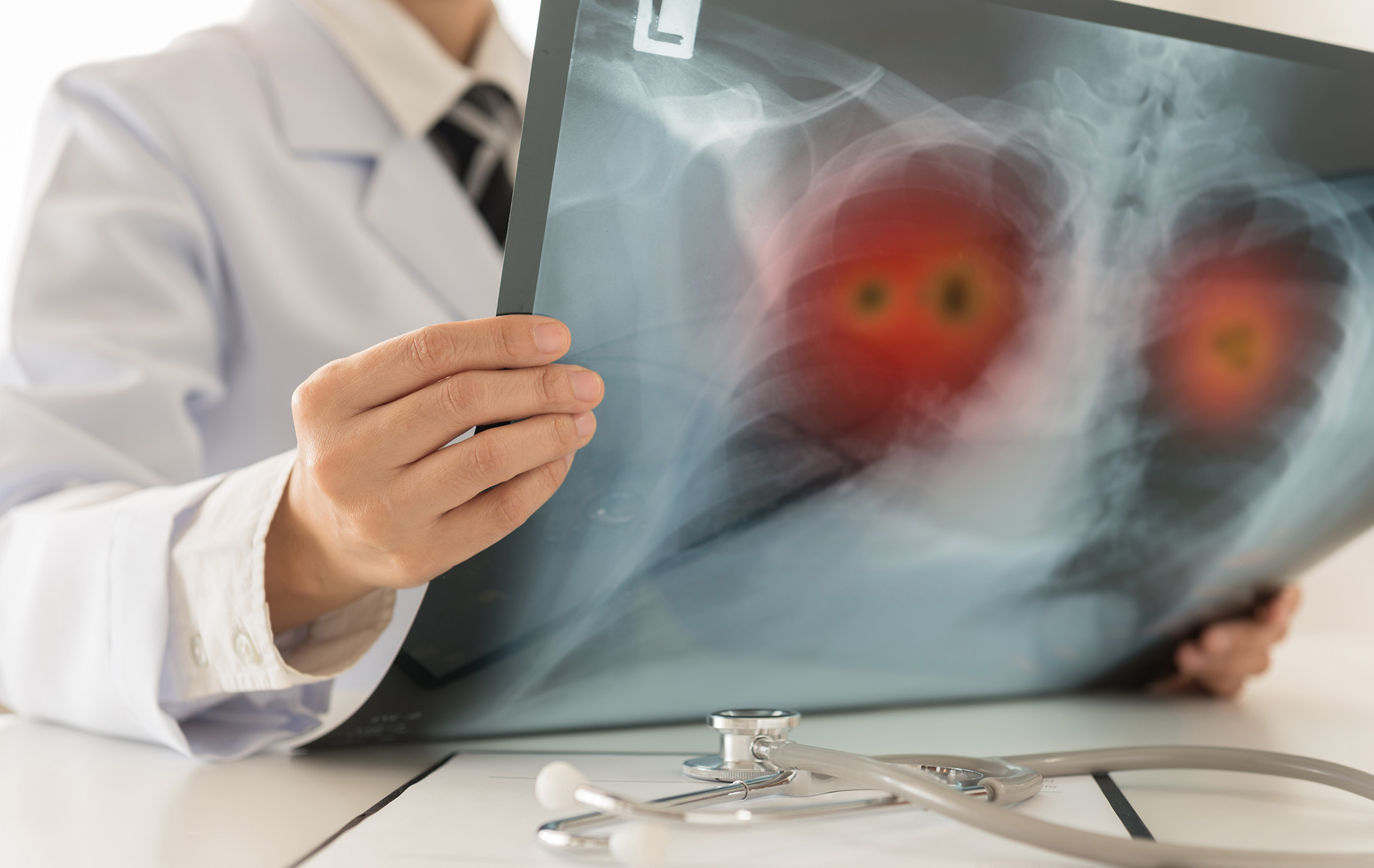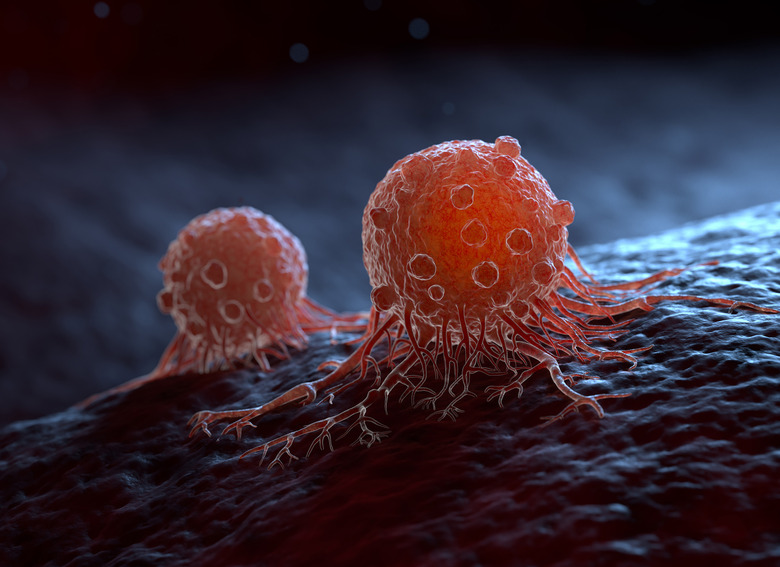Huge Real-World Test Shows AI Can Help Identify Breast Cancer
Technology could soon do more than assist doctors. Thanks to advancements in cancer-identifying AI, it could actively save lives. A new study recently showcased how AI can revolutionize breast cancer detection, improving accuracy and easing radiologists' workload.
Between 2021 and 2023, nearly half a million women participated in what scientists have called the largest study of its kind. Radiologists at 12 breast cancer screening centers had the option to use AI while examining mammograms. Over 260,000 cases included AI assistance, while the rest relied solely on human expertise.
The results were especially promising, with radiologists who used AI identifying 6.7 cancer cases per 1000 scans, compared to 5.7 cases without AI—a 17.6 percent improvement. This isn't just a numbers game, though. The accuracy of biopsies also improved with AI.

When the AI identified potential cancers, 64.5 percent of biopsies confirmed the diagnosis, versus 59.2 percent in cases identified without AI. For patients and doctors alike, these gains are life-changing. The cancer-identifying AI didn't just improve detection—it sped up the process entirely.
Radiologists spent less time on cancer scans identified as "normal" by AI, reviewing them in 16 seconds on average compared to 30 seconds for uncertain cases. This small increase in efficiency means radiologists can focus their expertise where it's needed most without compromising patient care.
However, concerns about over-reliance on AI remain. What if technology misses subtle signs of disease? What if access to human diagnosis becomes a luxury? These questions highlight the need for careful integration of AI into healthcare, especially with so much doom and gloom surrounding the AI revolution.
This study could be a turning point for cancer-identifying AI, though. Ben Glocker, an AI specialist at Imperial College London, sees it as a call to action. "The technology is ready," he told New Scientist. "We now need policies to follow." Real-world testing, like this study, is essential for understanding AI's full potential and addressing its limitations.
Cancer-identifying AI is no longer just a concept. By blending human expertise with cutting-edge technology, we can hopefully come up with even better ways to detect cancer, and perhaps even find new ways to cure cancer effectively.
